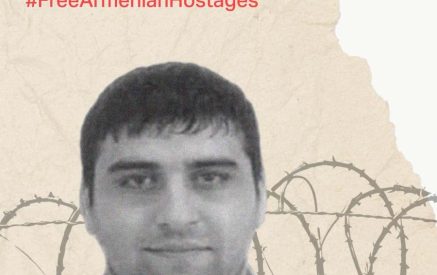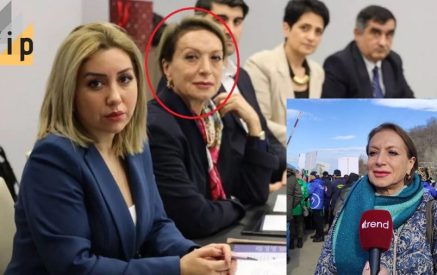The Human Rights Defender of the Republic of Artsakh published an Interim report “On the violations of human rights of Artsakh people as a result of the deliberate disruption of the critical infrastructure in the midst of the blockade of Artsakh by Azerbaijan since December 12, 2022.”
The report presented facts regarding the widespread and large-scale violations of the rights of the people of Artsakh due to deliberate disruptions of the vital infrastructures of Artsakh: gas pipeline, electric lines, telecommunications and internet wires, which in the conditions of the ongoing blockade put the civilian population on the verge of a humanitarian catastrophy.
In cold weather conditions, when the average temperature in the territory of Artsakh fluctuates around -2 – +2 degrees Celsius, sometimes reaching -5 degrees of cold, houses, places of temporary residence of displaced persons, all kinds of educational and health institutions and private enterprises, state institutions use gas as the main means of heating. Deliberate disruptions in gas supply deprive the population of the possibility of gas heating and hot water.
As a result of the damage to the high-voltage lines coming from Armenia to Artsakh and the blocking of their restoration works by Azerbaijan, the import of electricity has been suspended since January 9. Residents are supplied with locally produced electricity. Due to insufficient volumes, the population receives electricity on a 6-hour rolling blackouts schedule, which makes it almost impossible to replace gas-fired heating with electric heating.
Read also
Gas supply disruptions and the limited use of electricity also directly affect the normal organization of food in families.
In order to save electricity, state institutions have switched to a short working regime since January 19, which has a negative impact on the process of providing necessary services to the public and organizing public life.
The current situation greatly affected the normal organization of the educational process in Artsakh, all educational institutions of the Republic are closed due to the lack of heating, which led to the violation of the right to education of more than 20,000 children.
The severe humanitarian situation also affected the normal functioning of the healthcare system. 70% of healthcare organizations and hospitals, which are heated using gas, face serious heating problems. At the moment, 156 patients, including 45 children, are receiving inpatient medical care.
Hundreds of enterprises also experience large losses as a result of gas supply disruptions.
In the conditions of gas supply interruptions and limited possibility of electricity, to provide heating of houses and other living conditions, there is an increase in the volume of wood used by the population, which means that the already limited forest fund will suffer serious losses.
In the communities, there have been problems related to the proper operation of public transport and the organization of garbage collection, which is due to the fact that the machines and equipment used for public transport and garbage collection work with the use of gas, petrol and diesel fuel, and there is also a shortage of energy carriers in the conditions of the blockade.
The Report was sent to international organizations and human rights institutions.
The Report is available at the following link:


























































